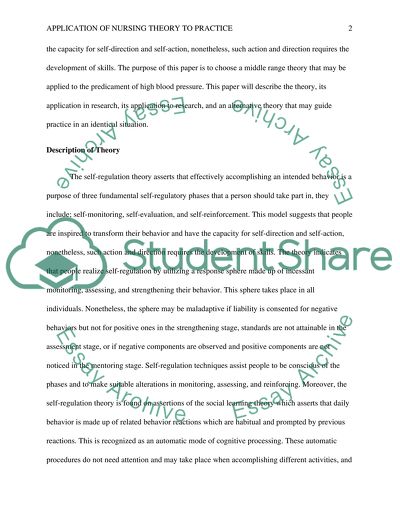Cite this document
(“Application of Nursing Theory to Practice Essay”, n.d.)
Retrieved de https://studentshare.org/nursing/1475816-application-of-nursing-theory-to-practice
Retrieved de https://studentshare.org/nursing/1475816-application-of-nursing-theory-to-practice
(Application of Nursing Theory to Practice Essay)
https://studentshare.org/nursing/1475816-application-of-nursing-theory-to-practice.
https://studentshare.org/nursing/1475816-application-of-nursing-theory-to-practice.
“Application of Nursing Theory to Practice Essay”, n.d. https://studentshare.org/nursing/1475816-application-of-nursing-theory-to-practice.


